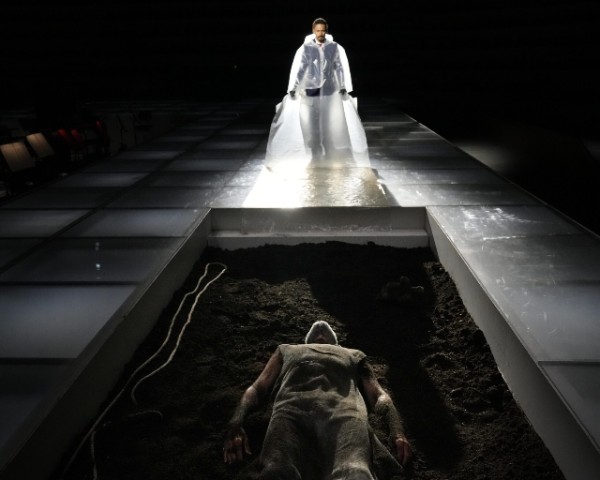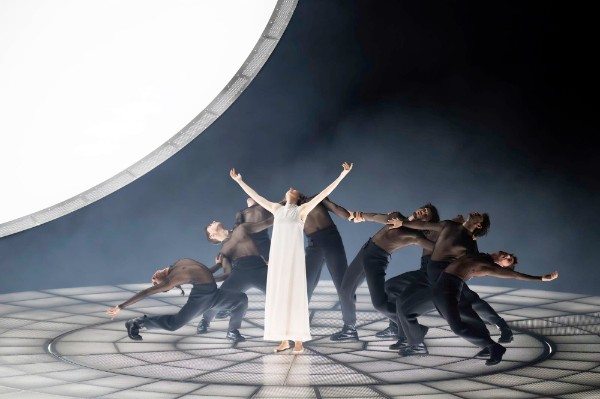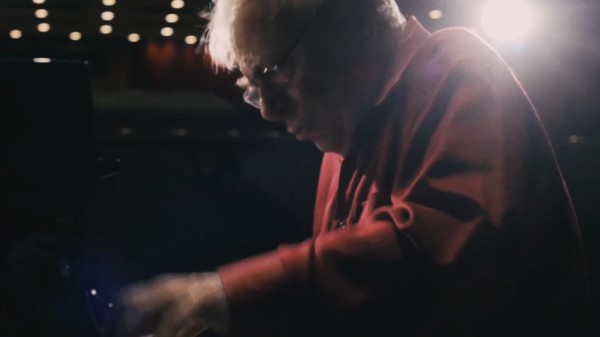She Played and Sang by Australian author and musician Gillian Dooley is an exploration of the music most closely associated with English novelist Jane Austen (1775-1817) and her musical connections with family and friends, which reveal the intricate ties between her fiction and the music she performed. Like her eponymous heroine Emma, Jane Austen herself “played and sang”.
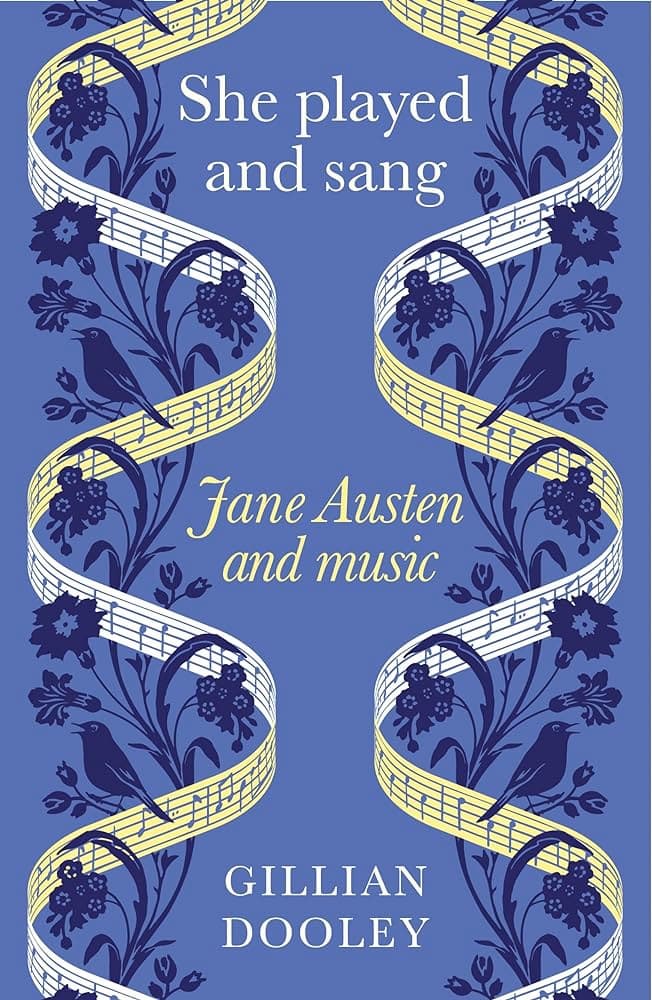
Music played a central role in Jane Austen’s life. Not only did she play the piano herself from a young age, encouraged by her father, but she also made use of music in her fiction to illustrate her characters’ personalities. Music was an important social activity and a ‘must have’ skill for people of a certain social class. This was in part driven by developments in piano design in the early part of the nineteenth century, a time when the piano became almost ubiquitous in the domestic setting. A large amount of music was written to be enjoyed at home amongst family and friends by composers such as Muzio Clementi, Ignaz Pleyel and J.B. Cramer.
Ignaz Joseph Pleyel: Sonata No. 5 in E Minor: Andantino (Le Concert Royal)
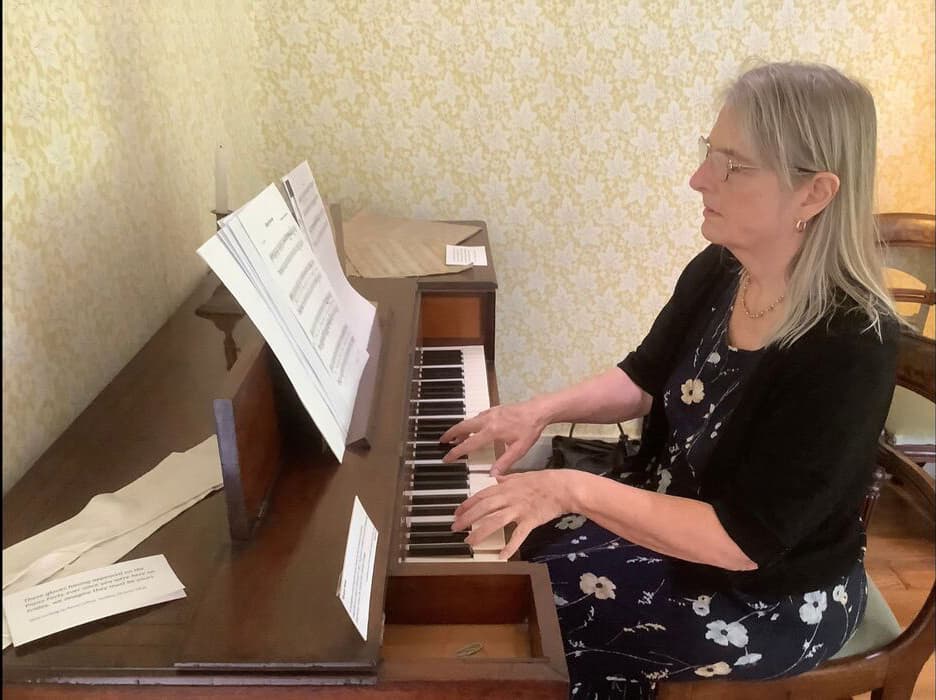
Author Gillian Dooley playing an Austen era piano
For Austen, however, it was not just a pleasant pastime but an artistic discipline; research into the kind of music Austen played and enjoyed reveals the social and intellectual landscape she inhabited – a landscape which she introduces into her writing to shape her characters, their motives and actions. Many of her characters are musical – musical women characters featured in five of Austen’s six completed novels – and music is used not only for entertainment but to inform the narrative. For example, in Sense and Sensibility, music is used as a cover for a private conversation, while in Pride and Prejudice, the hostess talks as Elizabeth Bennett plays the piano, which the author implies is rather discourteous, though not socially unacceptable at the time. For her male characters, music was to be listened to and appreciated, and it is an indication of a particular male character’s ardour that he listens intently when the object of his desire is playing. In Pride and Prejudice, Mr Darcy’s “dangerous” attraction to Elizabeth Bennett is enhanced by her playing music, which gives him an opportunity to enjoy “the fair performer’s countenance”.
Jane Austen’s Four Last Songs
She Played and Sang is the result of a lifelong obsession with Jane Austen and her music, and years of meticulous research by literary scholar and soprano Gillian Dooley. In researching this book she has gone back to original sources, to the music manuscripts in Austen’s immediate family circle, including her own music books, along with letters and other documents which illuminate Austen’s world – her personal relationships and her literary life. It’s a fascinating and detailed survey which shines an important new light on Austen’s world.
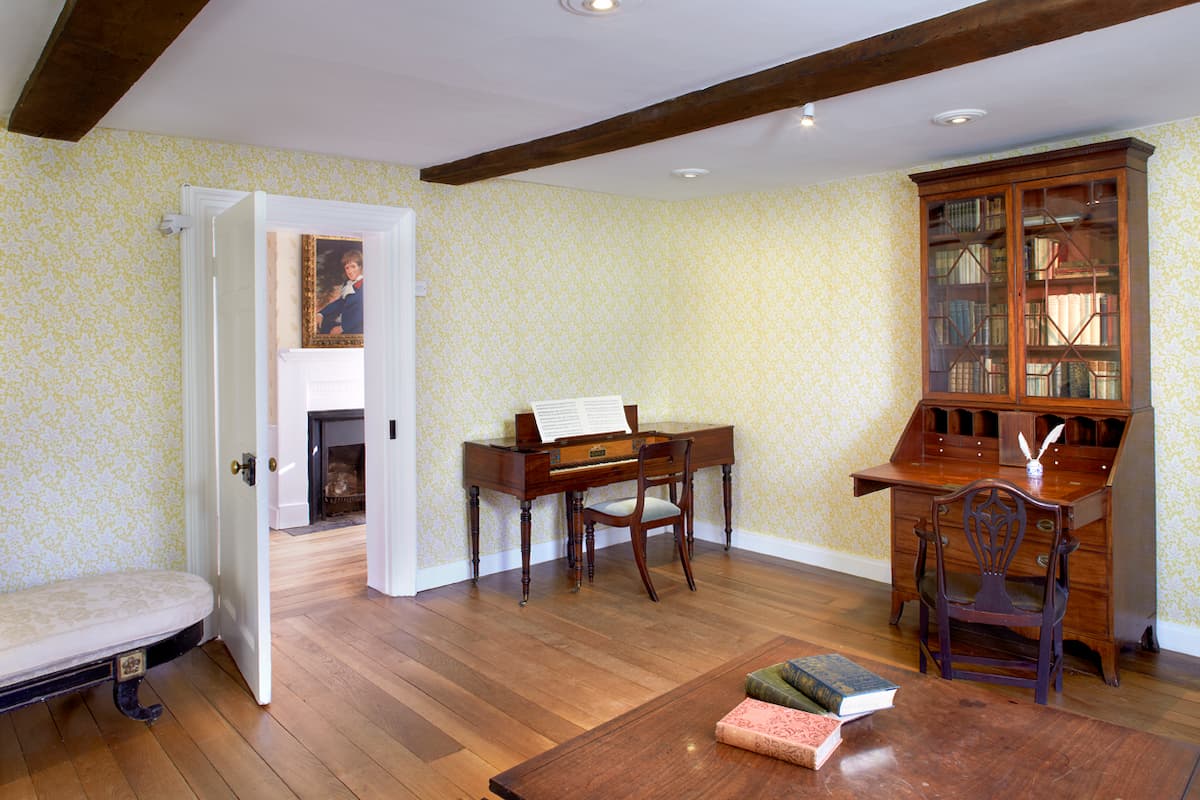
Drawing room at Chawton
This informative and readable book is sure to interest scholars and general readers of Jane Austen’s writing, as well as those who would like greater insight into the kind of music played and enjoyed in the domestic setting in early nineteenth-century England.
Muzio Clementi: Keyboard Sonatina in C Major, Op. 36, No. 3 – I. Spiritoso (Martin Souter, piano)
For more of the best in classical music, sign up for our E-Newsletter
She Played and Sang is published by Manchester University Press.

